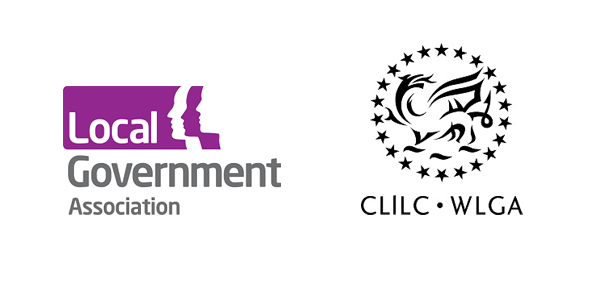Practical steps that you and your council can undertake to protect yourself as a person in a public position.
Introduction
The role of local government is to set out and deliver local priorities and services on behalf of local communities. Councillors are local leaders and champions, bridging the gap between residents and local government. They take decisions on behalf of local residents and champion the issues affecting them. Becoming and serving as a councillor is a huge privilege and responsibility, but it also means councillors are very visible and often easily accessible to residents.
A pressing concern facing those in public office is the increasing levels of intimidation, harassment and abuse they are experiencing. While debate and expressing different views is all part of a healthy representative democracy, these unacceptable behaviours undermine the key democratic principles of free speech, debate and engagement, and sometimes pose a risk to councillors’ safety. Thankfully, serious incidents remain very rare.
Councillors, their peers, political parties, council officers and, when necessary, the police, all have a role to place in addressing harassment, abuse, and intimidation. We are aware that the growth in public intimidation can put people off standing for election and this issue may affect some more than others. However, prospective and elected councillors should bear in mind that they are not alone in dealing with abuse and intimidation and there are an increasing number of ways to protect themselves and be supported by those around them.
We want to encourage more people to stand for election, including a more diverse range of people to represent their local communities. We do this through the Be a Councillor campaign and resources like this Guide and others under the Civility in Public Life programme.
In recognition of the impact of abuse and intimidation of councillors, the LGA has come together with the Welsh LGA, the Northern Ireland LGA and the Convention of Scottish Local Authorities to produce this and other guidance.
Using this guidance
The aim of this Guide is to provide councillors and councils with practical steps they can follow to decrease the likelihood of experiencing harassment, abuse and intimidation and give them some ideas on how to respond should an incident occur. The Guide has been developed based on the most relevant research, and best practice recognised across a range of organisations, as well as the direct experience of councillors.
Throughout the Guide we have provided some examples of criminal offences which may be relevant, however these examples are not exhaustive. You should report any concerns about behaviour or conduct, whether online or in person, which make you feel uncomfortable or unsafe to the police who have a duty to take your report seriously.
A summary of what you can expect from the police and other criminal justice agencies is included later in this Guide. Supporting councillors dealing with harassment, abuse and intimidation is of upmost importance given the potentially harmful impact that such actions have on their and their family’s mental health and wellbeing. Councillors who feel anxious, worried or seeing their daily routines adversely affected should speak with their local GP.
We are aware that support available to councillors may vary from council to council across the four nations. We would encourage councils, political parties and others supporting councillors to consider the Advice for supporting councillors section of this guide, which includes helpful tips and case studies, and consider advice from other associations across the UK as necessary.
Finally, this guidance does briefly consider the issue of online abuse, including on social media. However, we know that this issue is of growing significance and so the LGA has produced a separate suite of guidance to support councillors using social media.
Please note that this Guide does not take the place of legal advice or personalised advice from the police on offences or personal security. If you are concerned about your personal safety or security as a result of abuse, harassment or intimidation contact the police.
Please note that this guide does not take the place of legal advice or personalised advice from the police on offences or personal security. If you are concerned about your personal safety or security as a result of abuse, harassment or intimidation, do contact your local police force.


